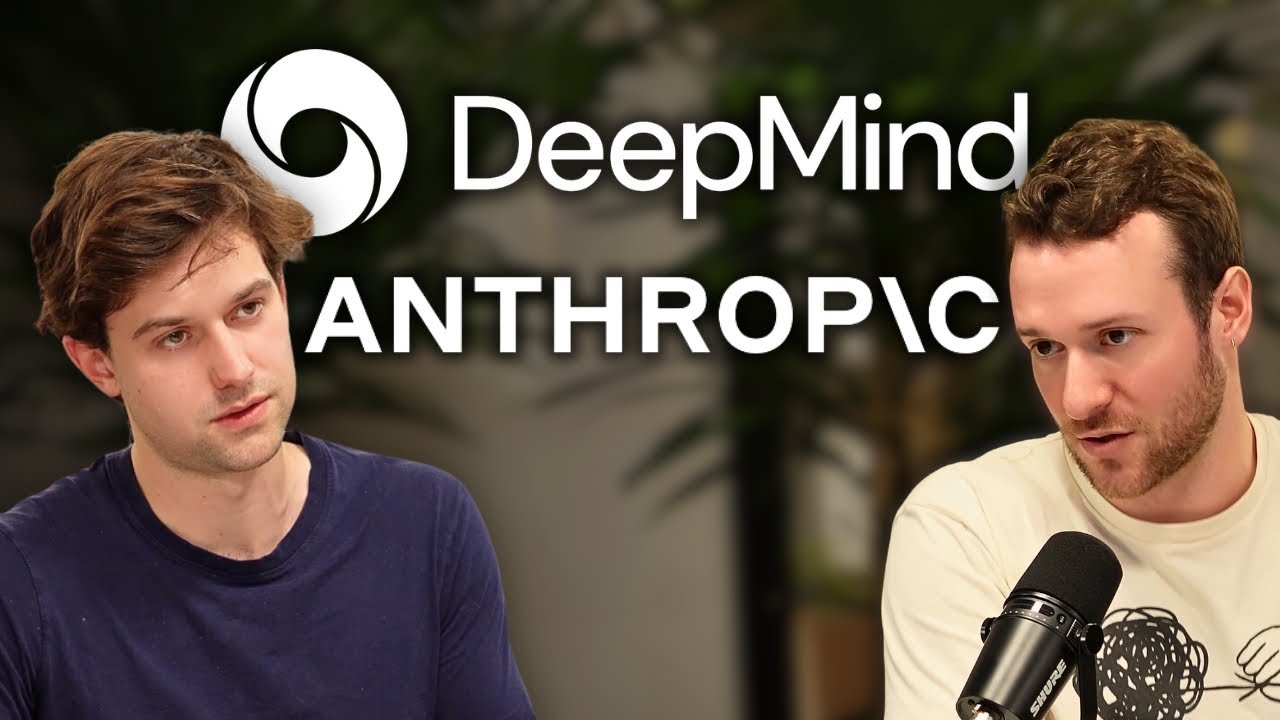Sholto Douglas and Trenton Bricken share their journey of becoming leading AI researchers within a year, citing factors like seizing opportunities, caring deeply about their work, and actively engaging with the AI community. Their stories highlight the importance of proactiveness, technical expertise, and dedication in achieving rapid growth and impact in the field of AI research.
In the video, Sholto Douglas and Trenton Bricken discuss how they rapidly became leading AI researchers within just one year. They attribute their success to a combination of luck, timing, and their proactive approach to seizing opportunities. Sholto mentions that joining a small interpretability team allowed him to execute on ideas quickly, leading to significant contributions to the team’s growth and success. His ability to investigate different ideas thoroughly and overcome obstacles without getting blocked has been a key factor in his impact.
Trenton’s journey into AI research was more serendipitous, starting with his interest in computational neuroscience and eventually connecting with experts like James Bradbury and Tristan Hume. His research aligned well with the work being done in the interpretability team, leading to his significant contributions. Trenton highlights the importance of caring deeply about the work and taking ownership of the entire problem stack, going above and beyond to ensure quality and success.
Both Sholto and Trenton emphasize the role of agency in their success, as well as the importance of pursuing high-leverage problems and having a broad perspective across different subfields of AI. They highlight the element of manufacturing luck by putting oneself in positions where opportunities are more likely to arise, such as attending conferences and actively engaging with the AI community. The idea of proactiveness and taking charge of one’s career path is a recurring theme in their stories.
The video underscores the notion that success in AI research requires a combination of technical expertise, care, and dedication. Sholto and Trenton’s stories demonstrate that going above and beyond, caring deeply about the work, and executing with excellence can set individuals apart in a competitive field. They also stress the importance of continuous learning, mentorship, and actively seeking out opportunities to contribute meaningfully to their respective teams and projects. Overall, their experiences serve as a testament to the power of grit, passion, and a proactive approach in achieving rapid growth and impact in the field of AI research.
